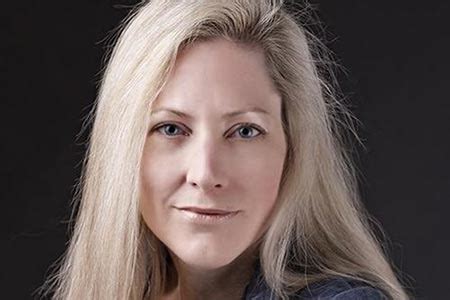A Quote by Hanya Yanagihara
Of death, my father has always said that the best conditions are the ones in which you have plenty of time to prepare - to say what you need to say; to arrange your estate - and the ones in which you get to choose, or at least have some knowledge of, how and when it might happen. One can't elude death, but one can have a good death.
Related Quotes
There is no single best kind of death. A good death is one that is "appropriate" for that person. It is a death in which the hand of the way of dying slips easily into the glove of the act itself. It is in character, ego-syntonic. It, the death, fits the person. It is a death that one might choose if it were realistically possible for one to choose one's own death.
Confusion conditions activity, which conditions consciousness, which conditions embodied personality, which conditions sensory experiences, which conditions impact, which conditions mood, which conditions craving, which conditions clinging, which conditions becoming, which conditions birth, which conditions aging and death.
We are left with nothing but death, the irreducible fact of our own mortality. Death after a long illness we can accept with resignation. Even accidental death we can ascribe to fate. But for a man to die of no apparent cause, for a man to die simply because he is a man, brings us so close to the invisible boundary between life and death that we no longer know which side we are on. Life becomes death, and it is as if this death has owned this life all along. Death without warning. Which is to say: life stops. And it can stop at any moment.
Someone's killed 100,000 people. We're almost going, "Well done! You killed 100,000 people? You must get up very early in the morning! I can't even get down the gym. Your diary must look odd: 'Get up in the morning, death, death, death, death, death, death, death - lunch - death, death, death - afternoon tea - death, death, death - quick shower ...' "
There are two kinds of death, the death which is inevitable and common to all beings, and the death which is voluntary and particular to certain ones of them only. It is the second death which is prescribed for us in the words of the Messenger of Allah: "Die before you die." The resurrection is accomplished for him who dies this voluntary death. His affairs return to God and they are but one. He has returned to God and he sees Him through Him. As the Prophet said - on him be Grace and Peace!
Misunderstanding may arise by confusing the Buddhist and scientific definitions of death. Within the scientific system you spoke quite validly of the death of the brain and the death of heart. Different parts of the body can die separately. However, in the Buddhist system, the word death is not used in that way. You'd never speak of the death of a particular part of the body, but rather of the death of an entire person. When people say that a certain person died, we don't ask, "Well, which part died?"
To my mind, there are two things that, in life, you can do about death. Either you can choose to ignore it, in which case you may have some success in making the idea of it go away for a limited period of time, or you can confront the prospect of your own death and try to analyze it and, in so doing, try to minimize some of the inevitable suffering that it causes. Neither way can you actually overcome it.






































